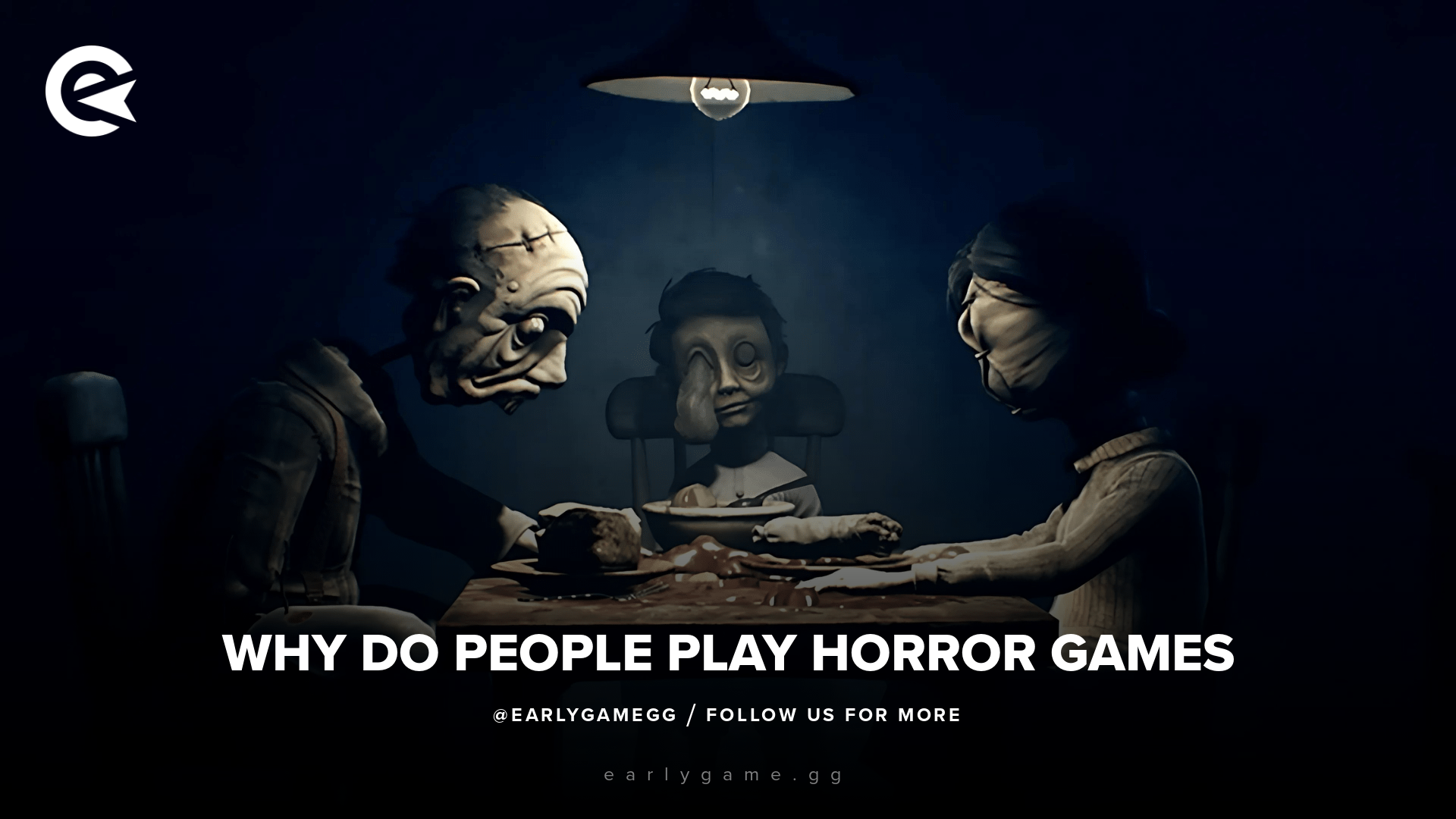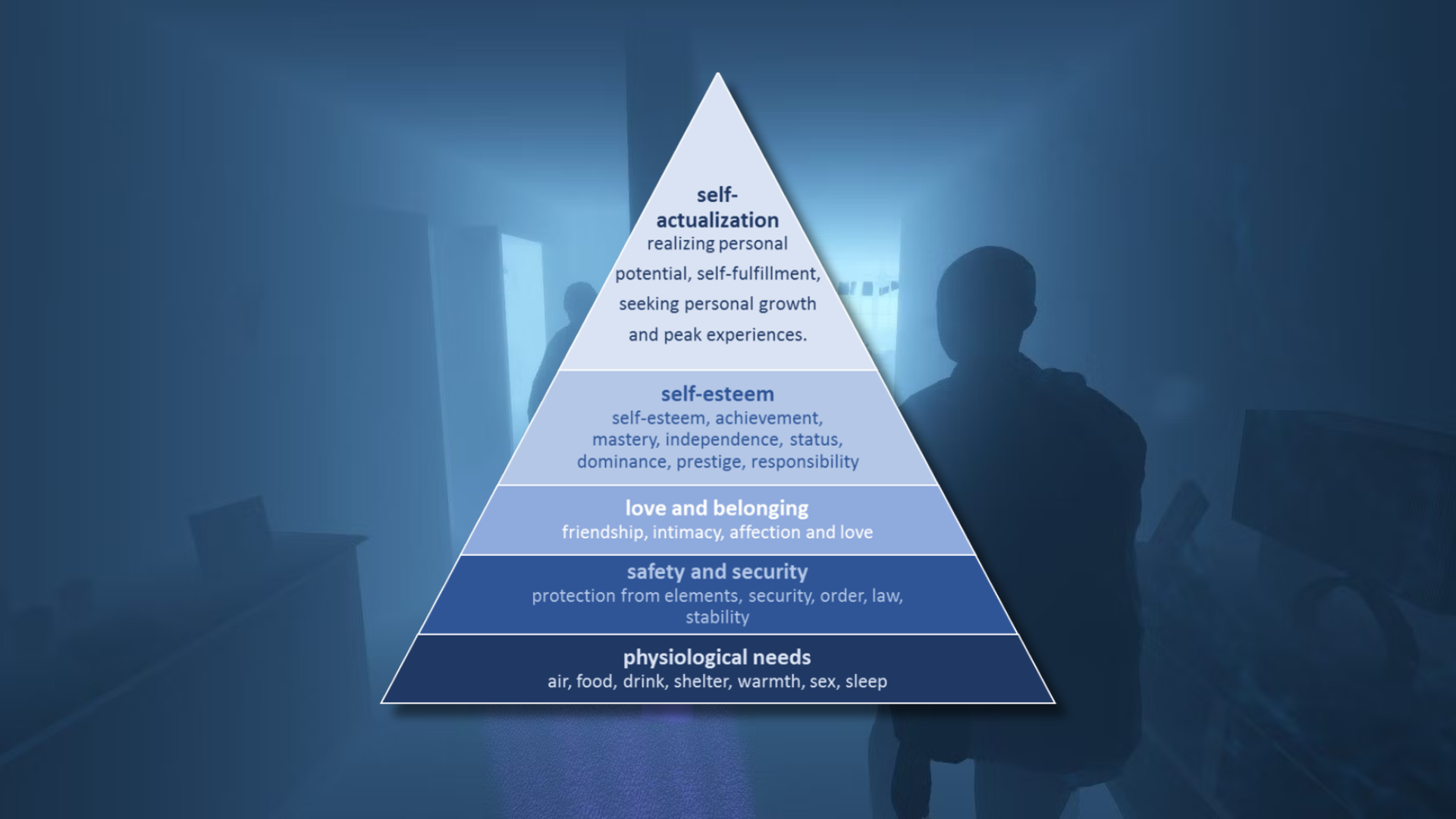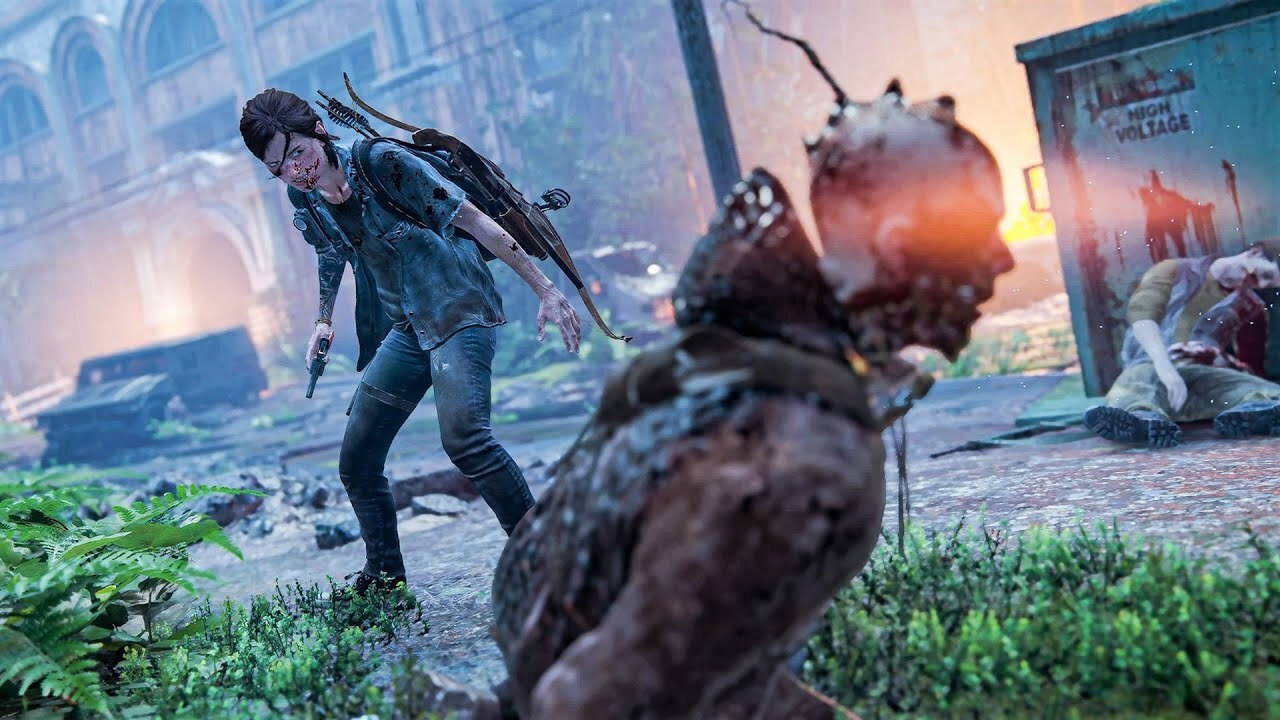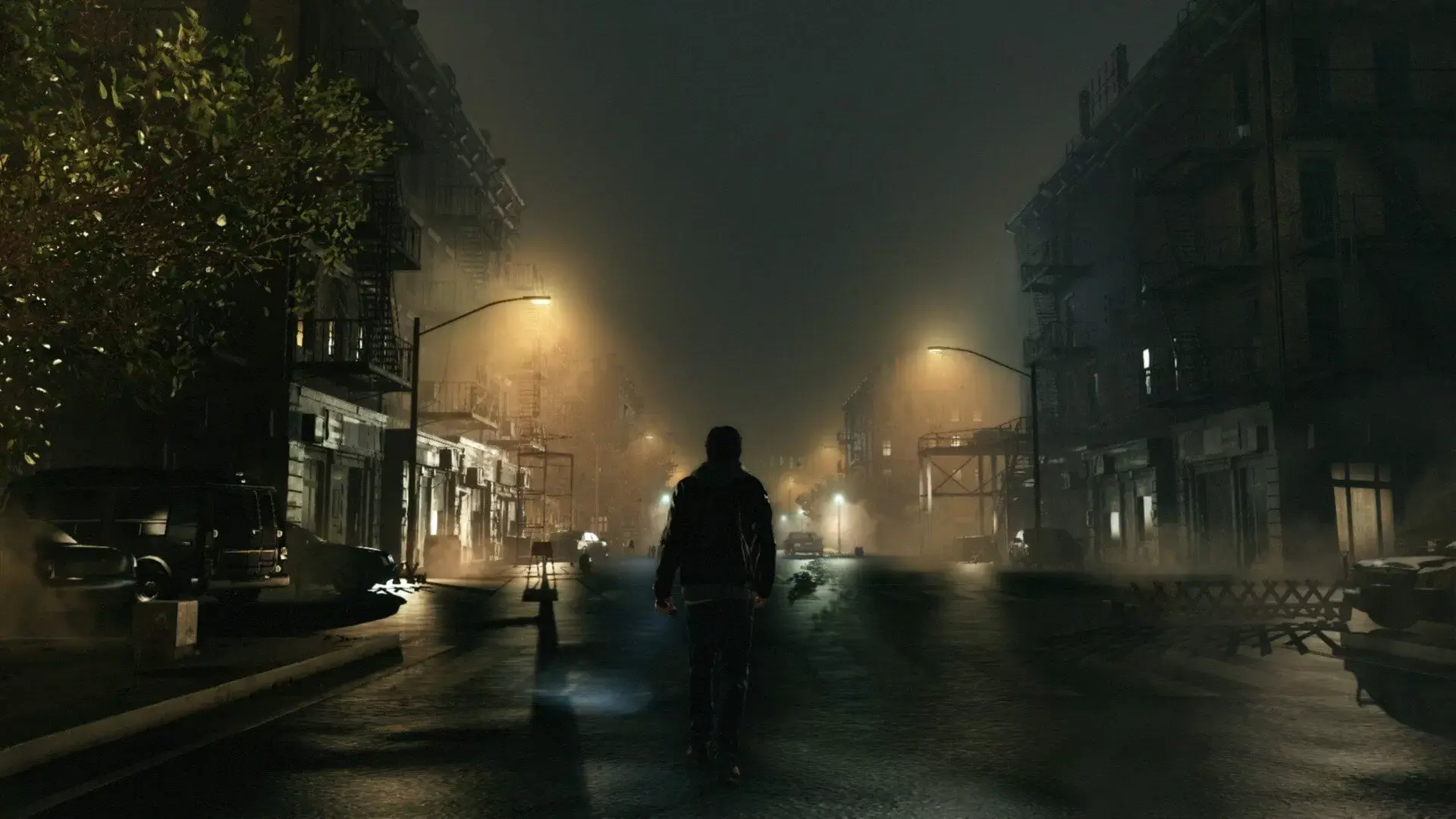
As a seasoned gamer with over two decades under my belt, I’ve witnessed the evolution of gaming from Pong to virtual reality. And while I’ve dabbled in every genre imaginable, it’s the horror games that have always held a special place in my heart…or should I say, kept me on the edge of it!
It might seem puzzling that horror games, with their elements of fear and anxiety, don’t immediately appear enjoyable. However, despite the initial apprehension, a large number of individuals find themselves repeatedly drawn to titles like Silent Hill, Resident Evil, and Little Nightmares. So, one might wonder, why do we willingly shell out money for the experience of being scared?
Why do people play horror games?

To solve this, let’s examine human behavior, starting with Maslow’s Hierarchy of Needs as a guide. This model outlines our fundamental requirements, such as air, food, water, progressing to more complex needs like safety, love, and self-actualization. It implies that when our basic requirements are met, we seek emotional stability and wellness.
In our leisure time, when we engage in games such as Valorant or World of Warcraft, we often find ourselves comfortably seated – it could be on a couch, in bed, or at a desk. During these times, gaming serves to fulfill higher requirements like interaction and a sense of achievement. However, horror games are an exception to this rule. They present a unique experience that deviates significantly from the norm.
Patrick Rose, an expert in Games Research and Product Analysis with a focus on human motivation, was once posed a question by a student about why individuals find enjoyment in horror video games. He found that conventional motivation theories failed to provide an explanation for this phenomenon. However, he drew a significant correlation to Maslow’s Hierarchy: when playing horror games, we don’t remain at the highest level, where security is assured; instead, we descend to the foundation of the pyramid.

Picture yourself stealthily moving through the shadows in The Last of Us, as the eerie noises of a Clicker echo around you. Though your body may be secure, your mind perceives a threat, causing you to plummet to the most basic level on Maslow’s hierarchy – survival instincts take over, with everything else becoming insignificant.
In horror video games such as Resident Evil and Little Nightmares, the artificial threat creates an urge in players to find safety. These games strategically provide temporary respite with secure areas or kind characters, which momentarily restores a feeling of security. However, this sense of security is often short-lived, as danger reappears shortly after.
So, why do we enjoy horror games?

Patrick Rose and others propose that it’s the excitement caused by adrenaline that keeps us returning for more. Following confrontations with fear, our brain discharges a blend of adrenaline and endorphins. This “rush” is analogous to the exhilaration experienced while riding a rollercoaster or tackling fears. It’s the sense of achievement in overcoming danger that can become habit-forming.
Essentially, horror video games offer an ongoing loop of fear followed by relaxation, triggering a more profound pleasure center within our psychology. The exhilaration from conquering fear and staying alive is what keeps players hooked on these captivating titles.
The next time you find yourself immersed in a chilling video game, bear in mind: it’s not merely about surviving fear – you’re overcoming it, and that’s the very thing that makes the experience so captivating.
Read More
- CNY RUB PREDICTION
- Death Stranding 2 smashes first game’s Metacritic score as one of 2025’s best games
- Best Heavy Tanks in World of Tanks Blitz (2025)
- List of iOS 26 iPhones: Which iPhones Are Supported?
- Delta Force Redeem Codes (January 2025)
- Here Are All of Taylor Swift’s Albums in Order of Release Date (2025 Update)
- Hermanos Koumori Sets Its Athletic Sights on the adidas UltraBOOST 5
- Like RRR, Animal and more, is Prabhas’ The Raja Saab also getting 3-hour runtime?
- Honkai Star Rail 3.4 codes and how to redeem in HSR June 2025
- ‘No accidents took place’: Kantara Chapter 1 makers dismiss boat capsizing accident on sets of Rishab Shetty’s film
2024-10-03 17:09